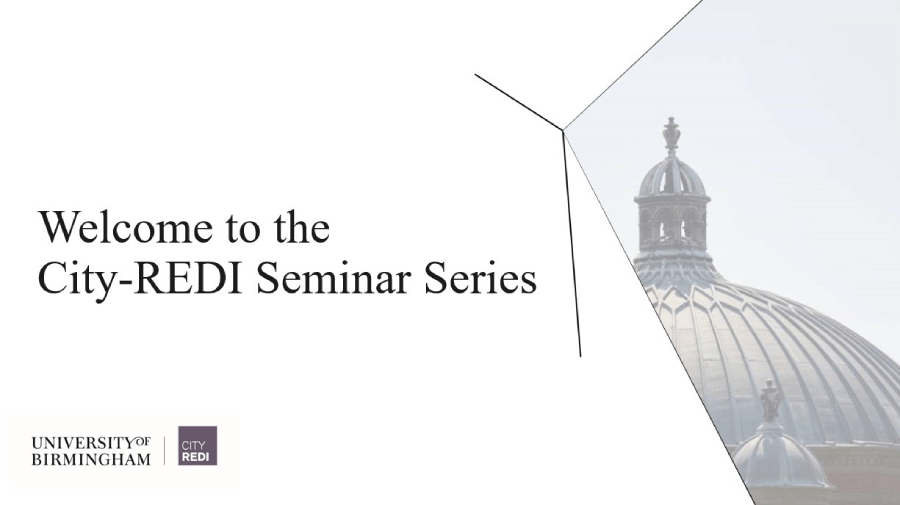
In the realm of regional policy, there exists a conventional approach which focuses on resources and life satisfaction. However, a more inclusive and pluralistic perspective, known as the capability approach, has gained popularity. Though commonly implemented in small-scale projects, it has the potential to revolutionize regional policy. In this blog, Sara Hassan writes about Maria’s research that explores the capability approach and its application in regional policy, highlighting key differences and potential benefits.
Understanding the Capabilities
The capability approach emphasizes the importance of promoting opportunities or capabilities to improve people’s lives. Rather than solely focusing on resources like income or transportation infrastructure, the capability approach delves into what truly matters to individuals. These capabilities encompass the freedom to travel, work, connect with loved ones, access shops and services, and even appreciate scenic landscapes. By elucidating these capabilities and prioritizing them, regional policies can be designed to enhance people’s opportunities for a fulfilling life.
Measurement and Realization of Capabilities
While it is relatively easy to measure observable functioning or realized opportunities, such as the number of people commuting to work using excellent transport or how often individuals meet their friends, the capability approach reminds us that these are just indicators. The ultimate goal is to expand the capabilities that individuals have and empower them to make choices. However, the tension between what can be measured and what truly matters conceptually poses a challenge in implementing this approach.
Consideration for Constraints and Agency
A critical aspect of the capability approach is considering the constraints that prevent certain individuals or groups from accessing opportunities. Examples include physical disabilities, cultural background, ethnicity, or gender. Without addressing these constraints, the desired outcomes cannot be achieved. Recognizing agency, or the ability to make choices and act upon them, is another crucial factor. By identifying and addressing the barriers to access, regional policies can strive towards a more equitable society.
Choosing Priorities and Potential Pitfalls
In the capability approach, an important consideration is deciding which capabilities to prioritize. While theoretically, each person may have different capabilities based on their values, a regional policy context necessitates choosing a focus within each region. Here, participatory processes play a vital role, as residents should have a say in determining the priorities. Concerns about people choosing the “wrong” things are often dispelled by research showing that when given the opportunity, individuals tend to invest in fundamental needs, such as health and education. Trusting people’s choices can lead to more inclusive and impactful policies.
The Role of Society and Collective Well-being
Critics sometimes view the capability approach as overly individualistic. However, this approach recognizes that positive individual outcomes are dependent on a supportive social community. Structural factors, such as the overall functioning of the community, are vital for fostering good individual outcomes. Balancing individual aspirations with collective well-being ensures a holistic approach to regional policy.
A Paradigm Shift in Policy Planning
Implementing the capability approach requires a conceptual shift in policy planning, focusing on ultimate goals rather than instrumental priorities. By articulating policy goals in a manner that resonates with people’s lived experiences and aspirations, support for policy initiatives can increase. Additionally, actively involving citizens in decision-making processes further enhances the effectiveness and inclusivity of regional policies.
The research concludes
The capability approach presents a refreshing regional policy perspective, encapsulating the essence of human well-being and potential. By prioritizing capabilities, understanding constraints, and fostering agency, regional policies can empower individuals and address societal challenges more effectively. With collective efforts and a paradigm shift in policy planning, we can create a more inclusive and equitable society where everyone has the opportunity to thrive.
This blog was written by Dr Sara Hassan, Research Fellow, City-REDI, University of Birmingham.
Disclaimer:
The views expressed in this analysis post are those of the author and not necessarily those of City-REDI / WMREDI or the University of Birmingham.
